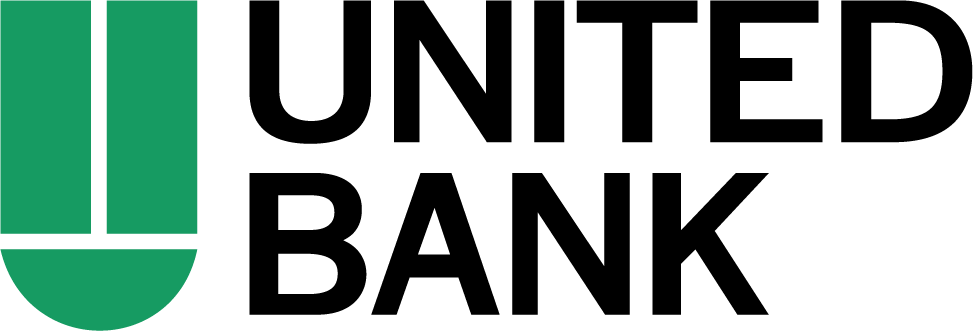Student loans offer college students access to the money they need to pursue their degrees, typically with substantially lower interest rates than those available for typical consumer loans. Often, the payback requirements for these types of loans are deferred until after the student has completed school.
Student loans are intended to bridge the gap between scholarships, financial aid, and the amount of tuition you can pay out of pocket.
In the U.S., there are two primary types of student loans — U.S. government-sponsored federal loans and private student loans, which are offered by private-sector financial institutions. Because they typically offer much lower interest rates and defer interest charges and payment requirements, federal loans are generally a much more appealing option for students than private loans. A great place to start your search for federal student loans is the studentaid.gov website, administered by the U.S. Department of Education.
Over half (51%) of bachelor’s degree recipients from public and private nonprofit four-year institutions have student loan debt, with an average debt of $29,400, indicating how necessary loans are for many people. Before taking on any student loan, make sure you’re clear on when your payments are due, what the minimum payment is, when you can refinance to get a lower interest rate, and the interest rate you’re working with.
SOURCE:
4/8/25 https://www.sofi.com/learn/content/student-loan-debt-statistics/#:~:text=Over%20half%20(51%25)%20of,SoFi%20Private%20Student%20Loan
The One Big Beautiful Bill Act
On July 4, 2025, the One Big Beautiful Bill Act was signed into law, resulting in changes to some federal student aid programs. Some of these changes went into effect immediately, while others will go into effect in late 2025 and beyond.
The law restructures the federal student loan repayment system with new, tighter borrowing limits and dramatically reduced repayment options, which will affect the lives of many of the United States' nearly 43 million student loan borrowers.
The law divides borrowers into two categories based on when they took out their loans. Borrowers with education loans taken out before July 1, 2026, will retain access to some existing plans but lose access to others. Borrowers who take out loans after July 1, 2026, will have fewer options.
Financial assets that are counted when students and parents fill out the 2026–27 Free Application for Federal Student Aid (FAFSA®) form will now better reflect a family’s financial need. The Act restores exclusions for small businesses, family farms, and commercial fishing businesses.
This change means the Saving on a Valuable Education plan (SAVE), a generous repayment plan enacted in 2023, is likely to be terminated. The nearly 7.7 million borrowers currently enrolled in SAVE have been in legal limbo for months, without interest accruing or required monthly payments.
The U.S. Education Department announced that as of Aug. 1, 2025, SAVE borrowers will, once again, see their balances grow with interest. Because the SAVE plan is still enjoined, though, borrowers won't yet be required to make payments. This means many borrowers, rather than watch their loans balloon, will likely want to move to a different plan.
These are just a few of the changes in college loans in 2025 that borrowers should be aware of and plan accordingly for. Not sure where to start? United Brokerage Services, Inc. has advisors available to help you evaluate your situation and guide you to the best choice for your financial situation.
SOURCES
8/15/25 https://studentaid.gov/announcements-events/big-updates
8/19/2025 https://ticas.org/affordability-2/reconciliation-2025-borrower-faqs/
7/24/25 https://www.npr.org/2025/07/24/nx-s1-5477646/student-loan-repayment-forgiveness-trump






